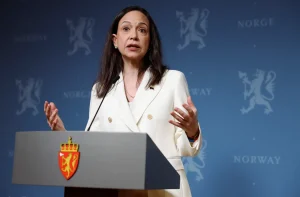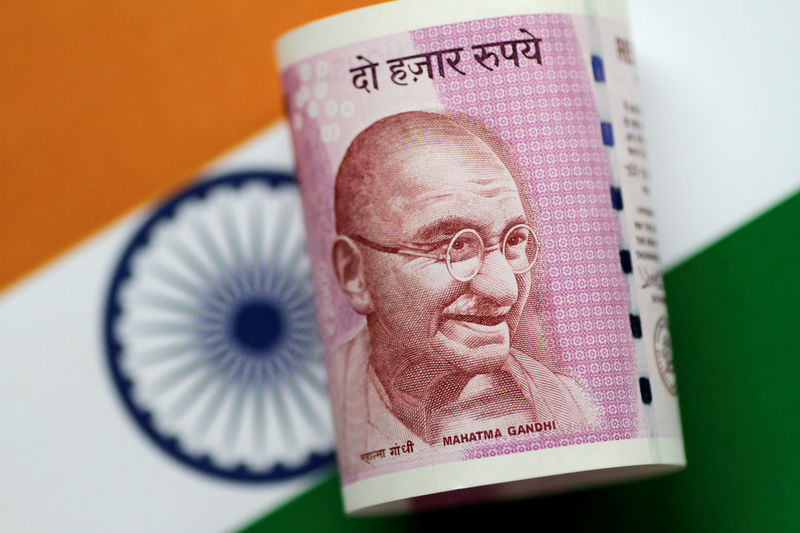UBS Sounds Alarm on Indian Economy, Advising Investors to Short Rupee and Reduce Stock Holdings
India’s economic outlook has darkened considerably, prompting UBS Group AG to issue a stark warning to investors: short the Indian rupee and reduce holdings in the country’s stocks. The Swiss banking giant’s research division paints a grim picture of a structural slowdown gripping the $4 trillion economy, dismissing the notion that this downturn is merely a cyclical blip influenced by transient factors like oil price volatility or subdued government spending. Instead, UBS points to deeper, more entrenched issues that are dragging down India’s growth trajectory.
The core of India’s economic malaise, according to UBS, lies in a confluence of long-term weaknesses. These include a persistent decline in credit growth, which restricts the flow of capital to businesses and stifles investment. Foreign direct investment (FDI), a crucial engine for economic expansion, has also waned, signaling declining international confidence in India’s prospects. Furthermore, the country’s export competitiveness has eroded, making it harder for Indian goods to compete in global markets. Finally, UBS highlights a decline in earnings potential, suggesting that Indian companies are facing headwinds that are impacting their profitability and future growth prospects. These combined factors create a potent cocktail of negative influences, raising serious concerns about India’s long-term economic health.
Contrary to the prevailing narrative that India is relatively insulated from the aftershocks of a changing global landscape, particularly the impact of evolving US policies, UBS offers a counterargument. Manik Narain, the London-based head of Emerging Market strategy research at UBS, challenges the assumption that India is immune to external pressures. He specifically highlights the potential vulnerability of the Indian economy to a prolonged period of high US yields. This concern stems from India’s precarious debt service-to-revenue ratio, one of the highest among major emerging markets. A sustained rise in US interest rates could exacerbate India’s debt burden, further straining the economy and potentially triggering a financial crisis.
The warning signs are already flashing brightly. Indian stock markets have witnessed a dramatic erosion of value, with nearly $500 billion wiped off in just the past month. This represents the worst start to a year for Indian equities since 2016, according to MSCI Inc.’s index for the nation. The Indian rupee, meanwhile, has plummeted to consecutive record lows against the US dollar, solidifying its position as the worst-performing currency in Asia. This currency depreciation adds to inflationary pressures, further complicating the economic landscape.
The exodus from Indian financial markets extends beyond equities. The country’s bond market is experiencing its fastest outflows since 2020. The initial enthusiasm surrounding the inclusion of Indian bonds in global bond indexes has faded, replaced by growing investor apprehension about the country’s economic stability and debt sustainability. This rapid outflow of capital further underscores the depth of investor concern regarding India’s economic trajectory.
UBS’s pessimistic outlook casts a long shadow over India’s economic future. The combination of structural weaknesses, vulnerability to external shocks, and deteriorating market performance paints a concerning picture. Investors are heeding the warning, pulling their money out of Indian markets and seeking safer havens. The Indian government faces a formidable challenge in addressing these deep-seated economic issues and restoring investor confidence. The road to recovery appears long and arduous, requiring significant structural reforms and prudent fiscal management to navigate the turbulent waters ahead.




